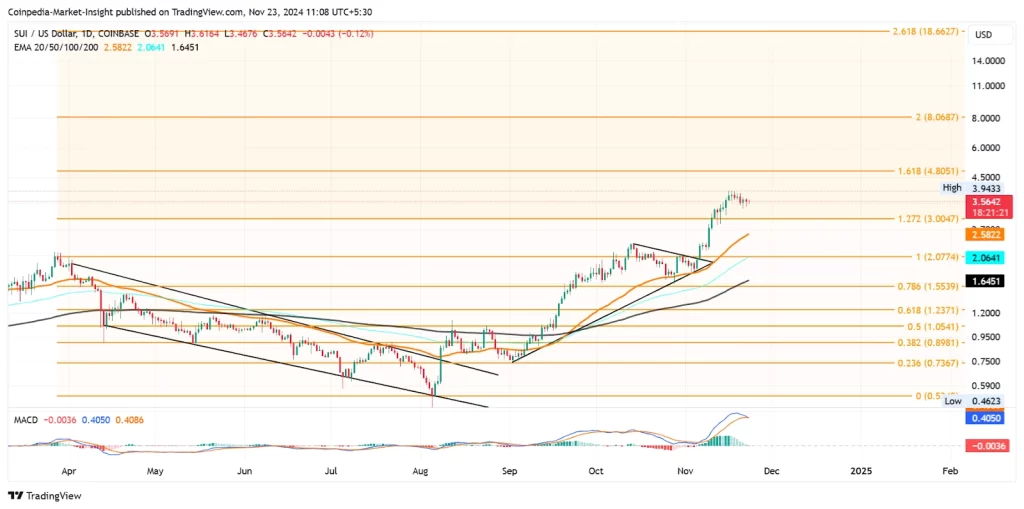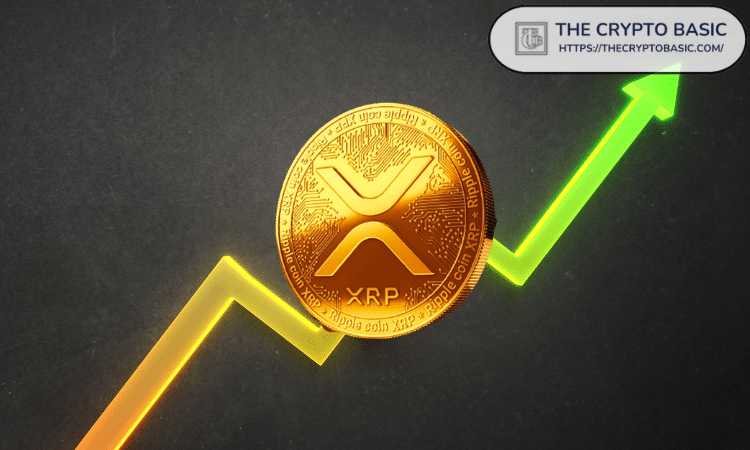KuCoin has suspended Naira Peer-to-Peer (P2P) trading on its platform, following other crypto exchanges amid tightening regulations from Nigerian authorities.
This decision comes after the Nigerian Securities and Exchange Commission (SEC) met with key crypto stakeholders, advising against Naira P2P trading due to concerns over the instability of the Naira currency.
KuCoin Suspends Naira P2P Trading Amid Nigerian Regulatory Pressure
KuCoin has informed its users about the temporary suspension of its Naira Peer-to-Peer (P2P) services and Fast Buy service via Naira card through a blog post on Wednesday. The exchange cited ongoing efforts to enhance services as the reason for this decision.
However, experts believe KuCoin’s move is aimed at avoiding potential issues with the Nigerian government, which has intensified scrutiny on Naira P2P cryptocurrency trading. Nigerian authorities, including the Office of the Security Adviser, have raised concerns about cryptocurrency’s association with illegal activities like money laundering and tax evasion. Fintechs and banks have been instructed to close accounts linked to such trading and report them to authorities. Additionally, the Economic and Financial Crimes Commission (EFCC) has blocked thousands of accounts involved in crypto trading.
Emomotimi Agama, Chief of the Nigerian SEC, accused crypto P2P traders of manipulating the Naira’s exchange rate, contributing to its depreciation. Despite these regulatory efforts, the Naira has continued to depreciate, reaching a new low of N1,520 per Dollar in the parallel forex market as of Monday.
KuCoin’s decision follows Binance’s move to delist Naira P2P trading on its platform amid a pending legal case with Nigerian authorities.
Nigerian Crackdown on Crypto Entities Sparks Controversy
Nigerian authorities are intensifying their crackdown on crypto entities in a bid to stabilize the depreciating value of the local currency. A prominent case is their ongoing dispute with Binance Limited, the world’s largest cryptocurrency exchange, which is accused of tax evasion and money laundering.
This regulatory approach has sparked significant backlash among Nigeria’s young population, who form the majority of crypto users in the country. For many young Nigerians, cryptocurrency serves as both an investment opportunity and a source of employment, particularly in crypto-related firms.
A common practice among these users involves using USDT, a stablecoin pegged to the US dollar, for payment from foreign employers. To convert these earnings into local currency, many rely on Naira peer-to-peer trading platforms.
Important: Please note that this article is only meant to provide information and should not be taken as legal, tax, investment, financial, or any other type of advice.
Join Cryptos Headlines Community
Follow Cryptos Headlines on Google News











